
Carbon Fiber Reinforced Thermoplastic Manufacturer
Carbon (Xiamen) New Material Co., Ltd. is committed to offering a series of customized services of carbon fiber composite materials, focusing on carbon fiber modified materials such as reinforcement, conductivity, anti-static, etc. to meet your various application demands. Main matrix resins: PA6, PA66, PA12, PPA, TPU, PPS, PEEK, PC, PP, ABS, PBT, PEI and PEEK, etc.
Crafted through advanced manufacturing processes, our plastics seamlessly integrate the strength and lightweight properties of carbon fiber with the versatility of engineering plastics, delivering unparalleled performance in demanding applications.
Our carbon fiber-modified plastics boast exceptional strength-to-weight ratios, making them ideal for applications where weight reduction and structural integrity are paramount. Whether used in automotive components, aerospace structures, sporting goods, or industrial machinery, our materials offer unmatched strength, stiffness, and impact resistance, ensuring reliable performance even in the most challenging environments.
Backed by rigorous testing and quality assurance protocols, our carbon fiber-modified engineering plastics stand as a testament to innovation and excellence, empowering industries to push the boundaries of what's possible. Explore the possibilities with our range of advanced materials and experience the difference in performance and reliability firsthand.
Product By Features
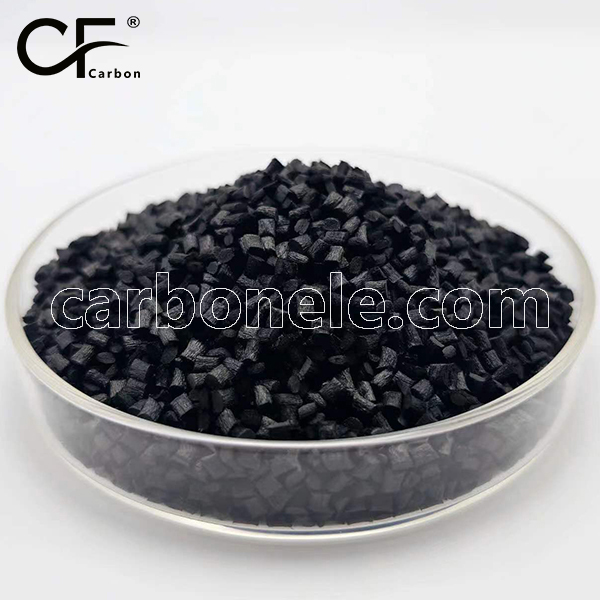
Advanced PA6 CF30 Plastics – For Machiner...
PA6 CF30 carbon fiber reinforced nylon delivers unmatched strength & vibration damping for machinery frames. Revolutionize CNC, packaging & conveyor systems with lightweight, durable & maintenance-free performance. Upgrade your industrial equipment today.
Learn More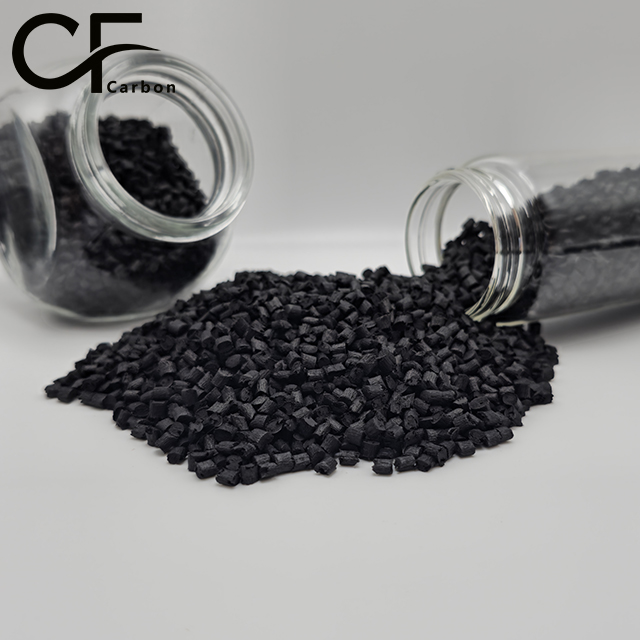
Professional PA6&PA66 Blend – Wear-R...
/*! elementor - v3.23.0 - 15-07-2024 */ .elementor...
Learn More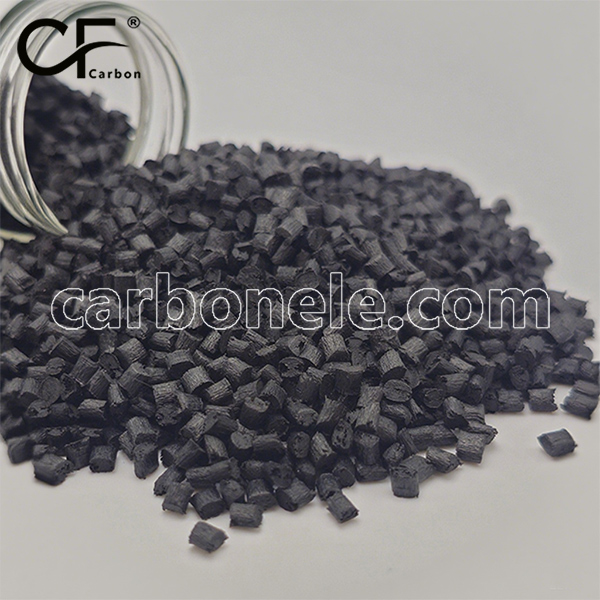
Amazing! PA610-CF10 10% CF for Auto Transmissio...
Discover PA610-CF10—a carbon fiber-reinforced polymer engineered for high-performance auto transmission parts. Enhance durability, reduce noise, and achieve smoother shifts in electric and conventional vehicles. Transform your transmission design with lightweight, fatigue-resistant solutions. Ideal for gears, bushings, and thrust washers. Innovate with reliability.
Learn More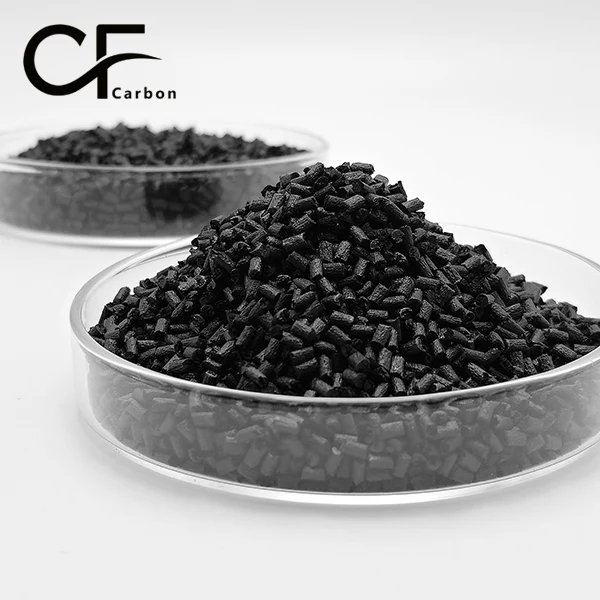
CF-R Thermoplastic Composites PA6 CF50 PA6-CF-BCA5
1: Tensile strength reaches up to 285 MPa. 2: Elastic modulus of 21 GPa for high stiffness. 3: Heat deflection temperature reaches 218°C. 4: Fatigue strength maintains 85% after 10⁷ cycles. 5: Molding shrinkage rate is only 0.2%.
Learn More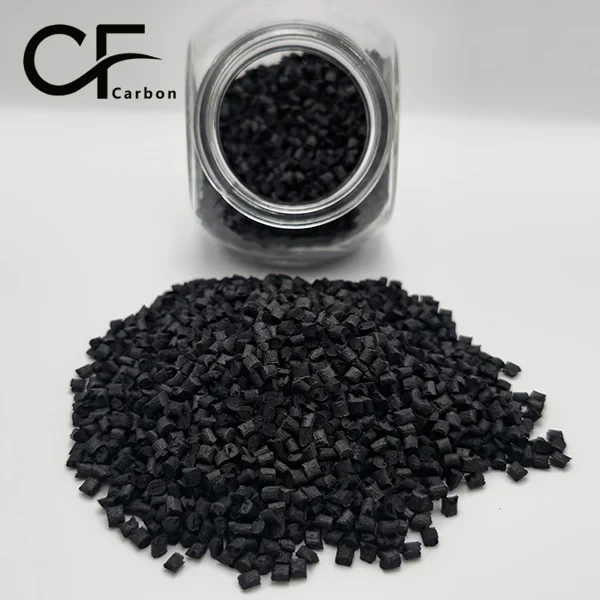
Thermoplastic CF Composites PA6 CF10 PA6-CF-BCA1
1: Tensile strength reaches 120 MPa 2: Flexural strength reaches 180 MPa 3: Surface resistivity 10⁶-10⁸ Ω 4: Flexural modulus reaches 6.5 GPa 5: Shrinkage rate only 0.8%
Learn More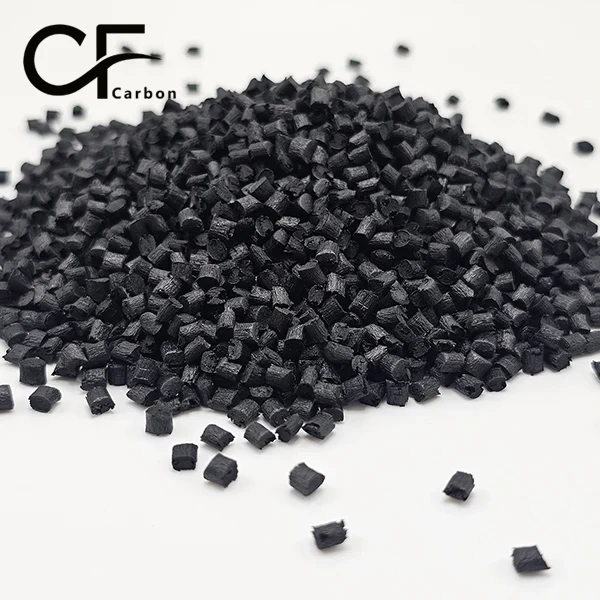
PA6 CF20 (PA6-CF-BCA2) Carbon Fiber Compound Su...
1: Tensile strength reaches 160 MPa 2: Flexural strength reaches 220 MPa 3: Heat deflection temperature reaches 195°C 4: Flexural modulus reaches 9.5 GPa 5: Wear amount reduced by 45%
Learn More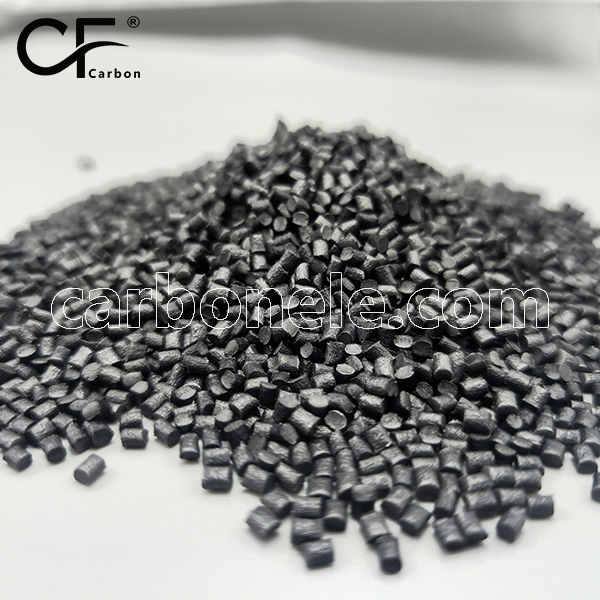
Hydrolysis-Resistant PA612 CF40: Professional F...
PA612 CF40 is the ultimate hydrolysis-resistant material for professional CMM & industrial fixtures. Ensure dimensional stability, reduce downtime, and achieve perfect measurement repeatability. Request a sample.
Learn More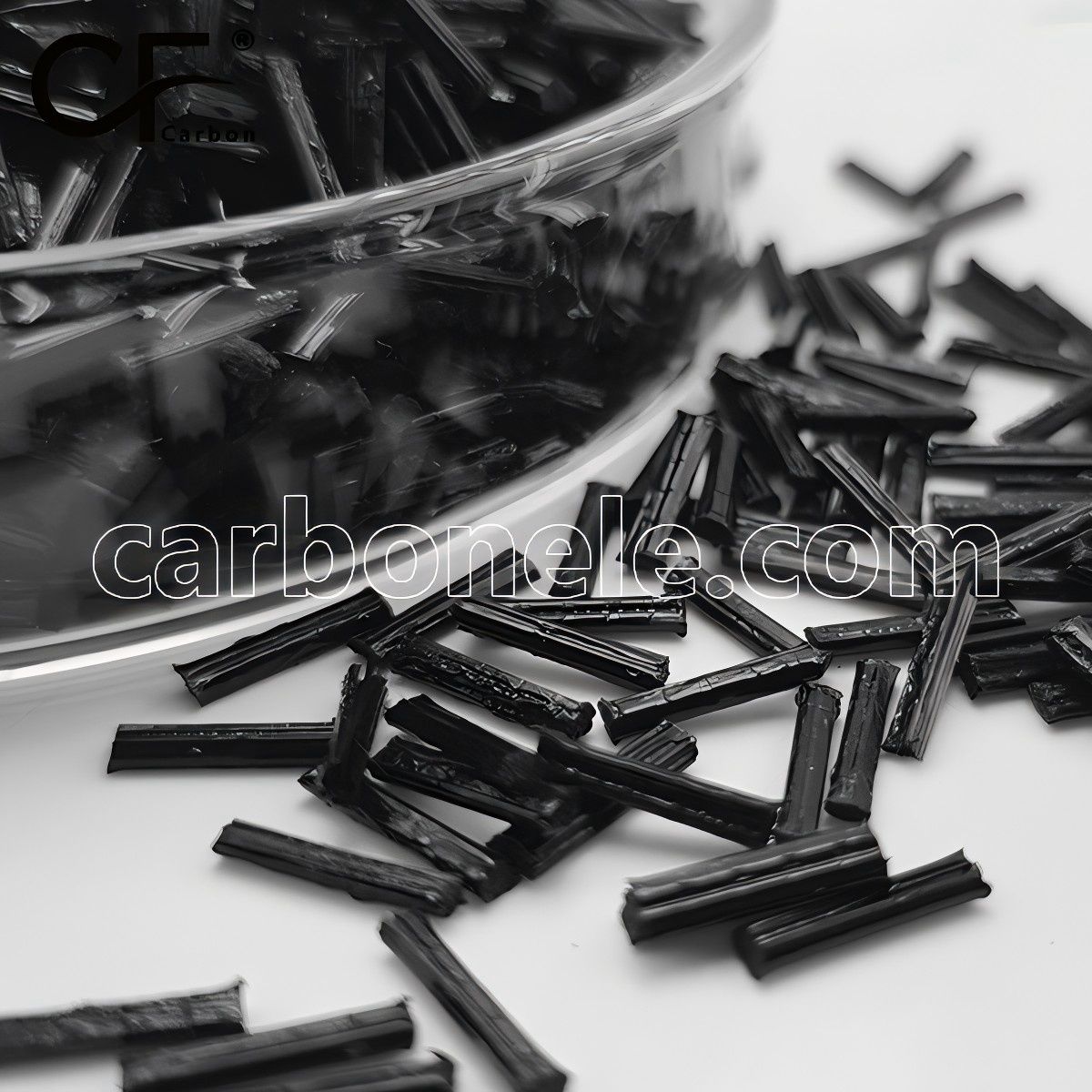
Lightweight PPA-CF30 Polymer | Sensor
A high-performance PPA-CF30 sensor housing ensures unmatched dimensional stability, chemical resistance & strength-to-weight for extreme environments. Solve design challenges.
Learn More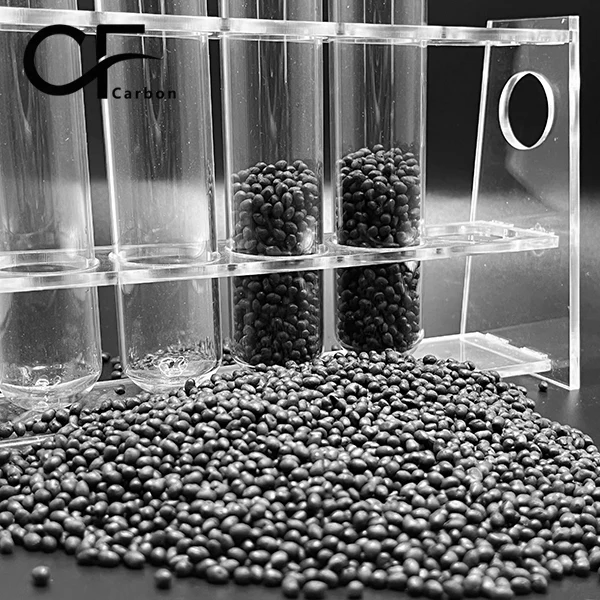
Thermoplastic Carbon Fiber Compounds PA6-CF20-BCA
1: 185 MPa tensile strength enhancement 2: 240 MPa flexural strength performance 3: 195°C heat deflection temperature rating 4: 0.3% low molding shrinkage rate 5: 25g/10min melt flow index
Learn More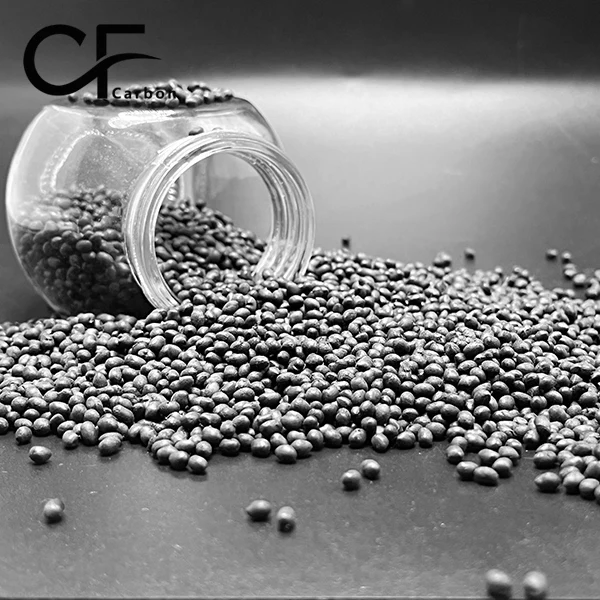
Thermoplastic Carbon Fiber Composites PA6 CF30
1: 210 MPa tensile strength for load-bearing 2: 280 MPa flexural strength under stress 3: 200°C heat deflection temperature resistance 4: 1.8% low water absorption rate 5: 9,500 MPa flexural modulus rigidity
Learn More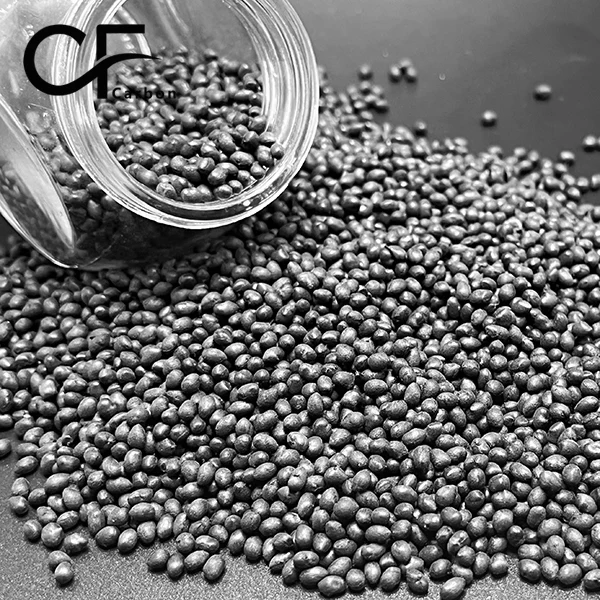
Thermoplastic CF Composites PA66 CF30 PA66-CF-BCA3
1: 230 MPa tensile strength for high load-bearing 2: 255°C heat deflection temperature under load 3: Low 1.5% water absorption for stability 4: 11,000 MPa flexural modulus for rigidity 5: Under 0.15 friction coefficient for wear resistance
Learn More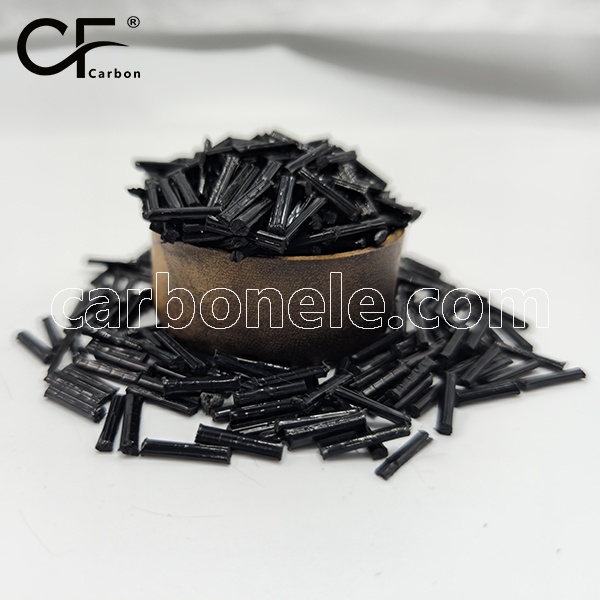
PA12-LCF20: Advanced Composite for Optical Lens...
PA12-LCF20 long fiber reinforced nylon composite delivers superior dimensional stability, chemical resistance, and fatigue endurance for precision optical housings, drone components, and medical devices. Request a technical sample.
Learn MoreProduct Feature Box

CONDUCTIVE MATERIALS

SCRATCH RESISTANCE

ECO FRIENDLY

LIGHT WEIGHT

ANTI STATIC

HIGH STRENGTH

WEAR RESISTANCE

ABRASION RESISTANCE
Short CF Reinforced Series
Carbon fiber typically consists of very fine strands of carbon atoms, usually bundled together to form larger fibers. These fibers are incredibly strong and stiff, making them ideal for reinforcing materials in various applications, from aerospace components to sports equipment.
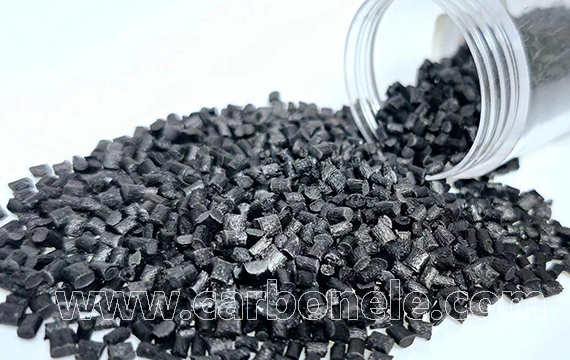
Long CF Reinforced Series
The main advantage of long carbon fiber over traditional carbon fiber is its ability to distribute loads more effectively and resist deformation under stress. This makes long carbon fiber composites particularly well-suited for applications requiring high impact resistance and structural integrity, such as automotive parts, where they can replace metal components while offering significant weight savings.
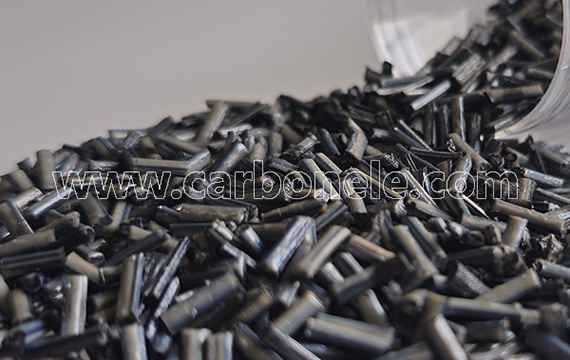
Quality Assurance

Excellent quality, guaranteed reputation: We are well aware of the importance of quality, so we always adhere to strict quality control and inspection processes to ensure that our products and services meet the highest quality standards. Our reputation is widely recognized in the industry, which is the result of our continuous efforts.

Customer first, service first: We know that customer satisfaction is the key to our success. Therefore, we always adhere to the principle of customer first and aim to provide services that exceed customer expectations. Our service team is always oriented to customer needs and provides personalized solutions.
Company Advantage
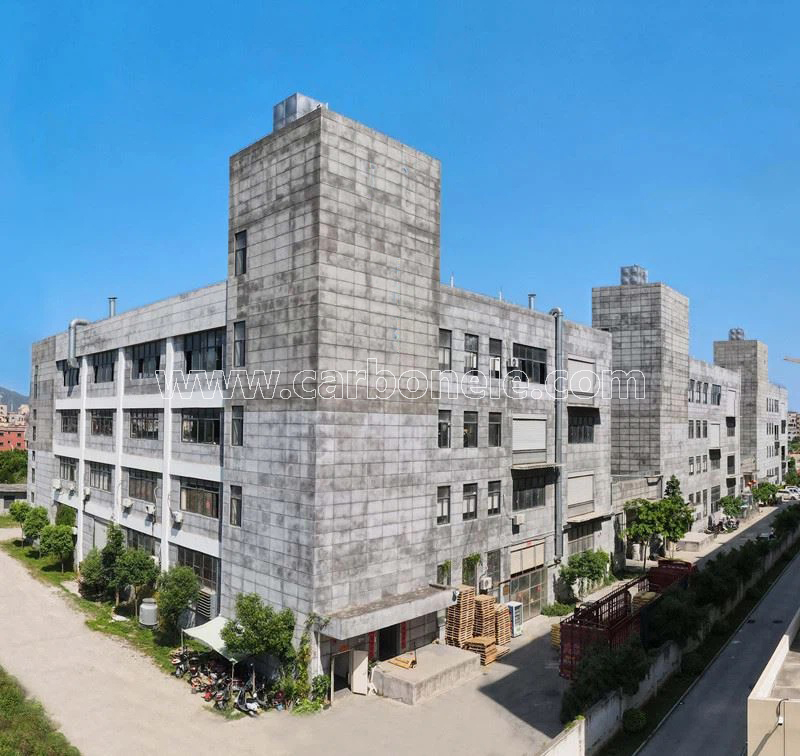
Modern Advanced Factory
Carbon (Xiamen) New Material Co., Ltd. provides customers with a variety of choices. We have always maintained close and good cooperative relationships with our customers, which gives our product prices an advantage in the market and allows customers to benefit from them.
Frequently Asked Questions
Carbon (Xiamen) New Material Co., Ltd. aims to provide buyers with "one-stop" worry-free high-quality services. Here you can find all information about carbon fiber engineering plastics. If you still have questions, please send us an email for consultation!
-
How can I contact the manufacturer of a product that interests me?
When you find a product you are interested in, you can contact the manufacturer directly by sending an email and we will get back to you as soon as possible.
-
How do I find the products that interest me?
All you need to do is enter the keyword, product name in the search window and press the Enter key on your keyboard. Your search results page will then be displayed. You can also search within the product category pages on the home page. Each category is divided into subcategories, allowing you to refine your search and find products that interest you.
-
Where will I find a buying guide?
Please contact our after-sales service directly and we will provide you with a comprehensive operating guide.
-
What are CF Reinforced Thermoplastic Composites?
CF Reinforced Thermoplastic Composites are materials where carbon fibers are incorporated into a thermoplastic matrix. They combine the strength and stiffness of carbon fibers with the processability and recyclability of thermoplastics. For instance, they are used in automotive parts like bumper beams.
-
What are the benefits of CF Reinforced Thermoplastic Composites over traditional composites?
The key benefits include faster production cycles, easier recyclability, and better impact resistance. They also offer design flexibility. An example is in the manufacturing of consumer electronics casings where complex shapes can be achieved more easily.
-
How are CF Reinforced Thermoplastic Composites processed?
Common processing methods include injection molding, extrusion, and compression molding. Injection molding is widely used for mass production. For example, in the production of small components for the medical industry.
-
What industries use CF Reinforced Thermoplastic Composites?
They are utilized in aerospace, automotive, medical, and sports equipment industries. In aerospace, they can be found in interior components. In the medical field, they might be used in prosthetics.
-
How does the carbon fiber content affect the properties of the composites?
Higher carbon fiber content generally leads to increased strength and stiffness but may reduce ductility. A moderate content is often balanced for specific applications. For example, a higher content might be preferred in structural parts of a race car.
-
What are the challenges in using CF Reinforced Thermoplastic Composites?
Challenges include higher material costs, complex processing equipment requirements, and ensuring uniform fiber dispersion. Issues with adhesion between the fibers and the matrix can also arise. An example is in achieving consistent quality in large-scale production.









